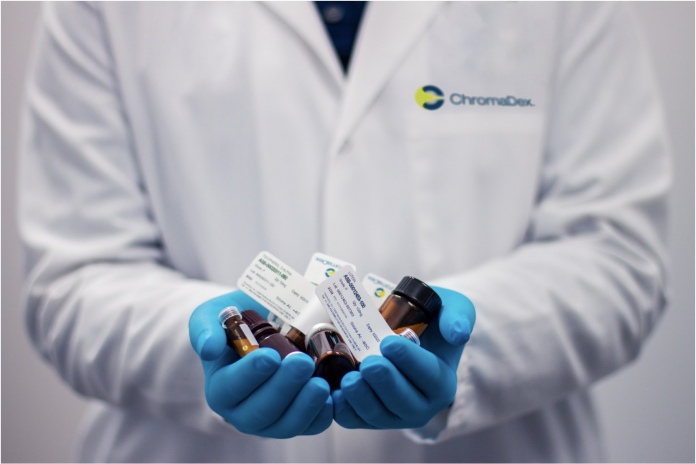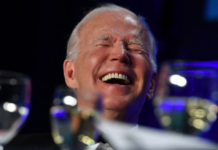The Trump Administration is considering legal action against China’s communist government. There are allegations they have been preventing medical safety manufacturers from exporting critical medical supplies in the early days of the coronavirus outbreak.
Executives from 3M and Honeywell have told the White House this has begun as early as January in an attempt to corner the world market. China bought N95 respirator masks, gloves, goggles, and other critical personal protective equipment at its standard wholesale rate but stopped all exports. Official data online shows they imported 2.46 billion pieces of epidemic prevention and control materials between January 24 and February 29. The gear is valued at nearly $1.2 billion, including more than 2 billion masks and more than 25 million protective clothing items.
All of this done right before COVID-19 became a global pandemic…coincidence? President Trump thinks not. Jenna Ellis, a senior legal adviser to Trump’s re-election campaign told the Post the government is considering taking legal action against China through the United Nations or European Court of Human Rights. “In criminal law, compare this to the levels that we have for murder,” she said. “People are dying. When you have intentional, cold-blooded premeditated action like you have with China, this would be considered first-degree murder.”
Meanwhile, a large portion of the equipment exported by the Chinese government to countries battling COVID-19 have been faulty, including PPE and COVID-19 tests.
This isn’t the start of exporting wars between China and the U.S over COVID-19 heat ups. The Chinese state media have raised the specter of using Beijing’s pharmaceutical leverage to block critical components and supplies for dependent U.S drug companies.
While India and several European nations play critical roles in the global medical supply chain, China is amongst the top providers of active pharmaceutical ingredients. These APA’s are the basic components for antibiotics and other prescription drugs.
The Trump administration and lawmakers are now calling for a revamping of domestic U.S drug manufacturing operations that have been outsourced to China.
The Commerce Department Data reports that China is “accounted for 95% of U.S. imports of ibuprofen, 91% of U.S. imports of hydrocortisone, 70% of U.S. imports of acetaminophen, 40% to 45% of U.S. imports of penicillin and 40% of U.S. imports of heparin.” In all, 80% of the US supply of antibiotics are made in China.
The disruption of the Chinese domestic production is straining the global system and the dependence on them for medicine leaves America at risk. This is a globalized supply chain, so there’s no such thing as a zero-sum game. India — the world’s No. 1 supplier of generic drugs — could also dramatically impact the flow of pharmaceuticals and medical equipment into the United States.
It’s not clear how this development will impact the U.S Market but President Trump is ready to minimize outsourcing and start production within the states as quickly as possible.




